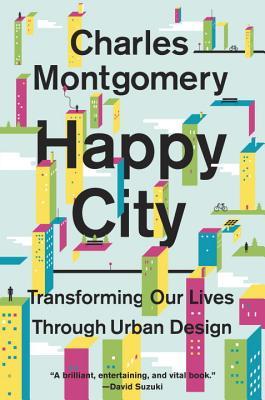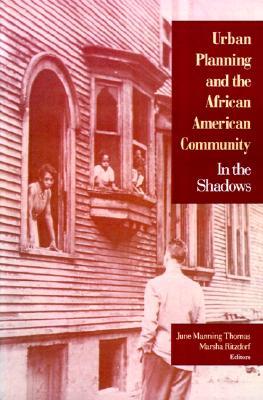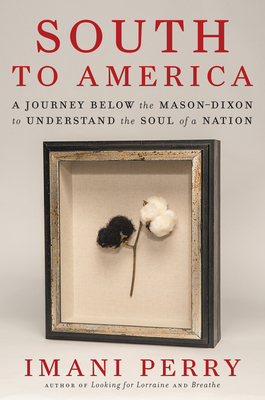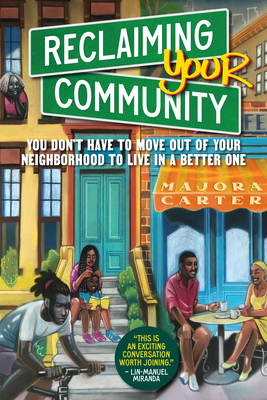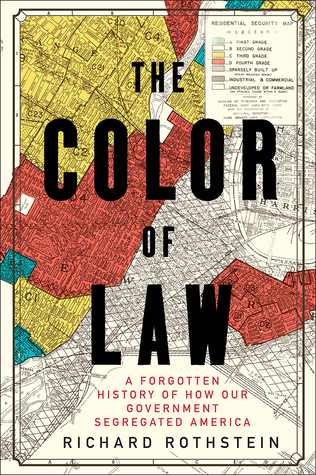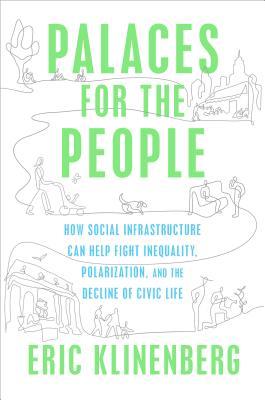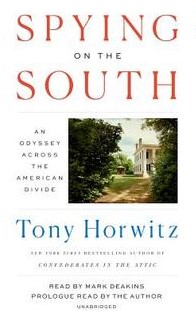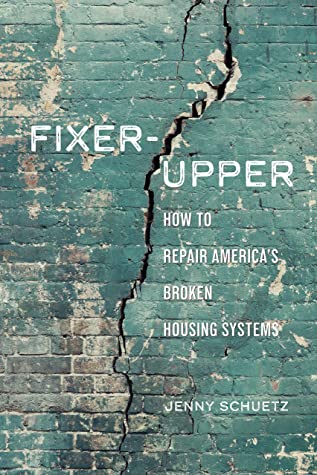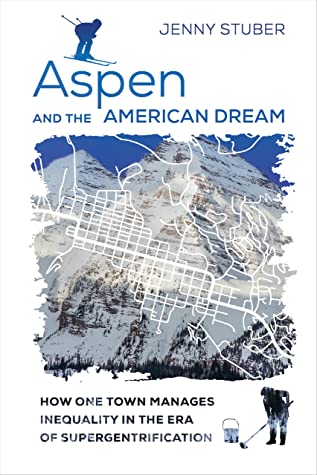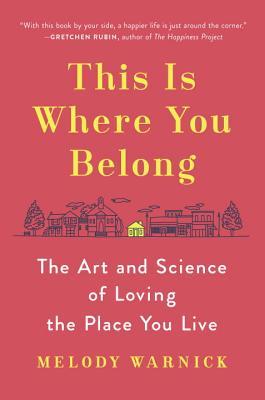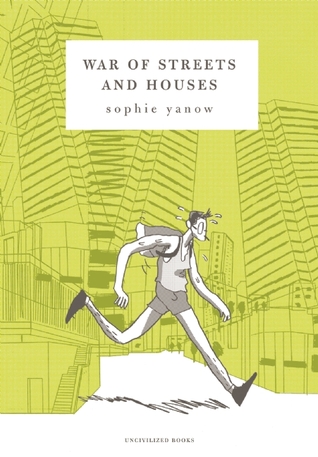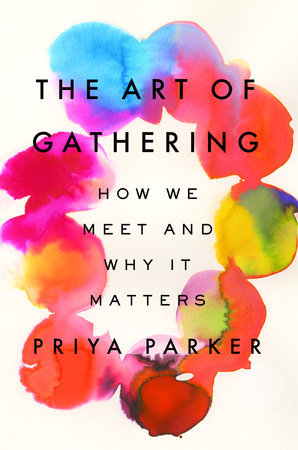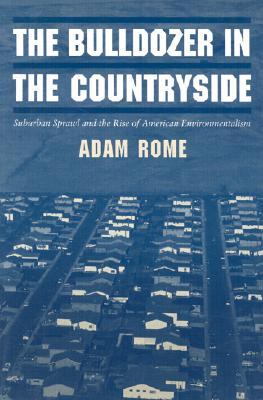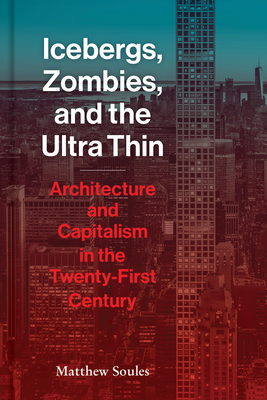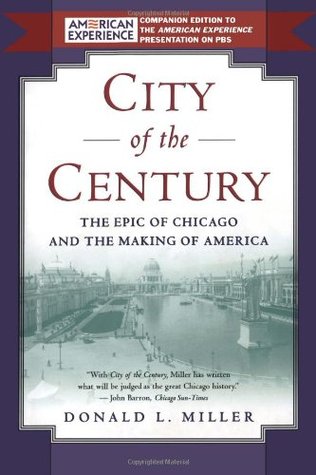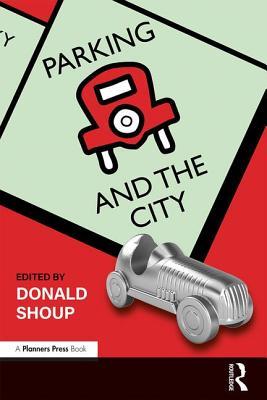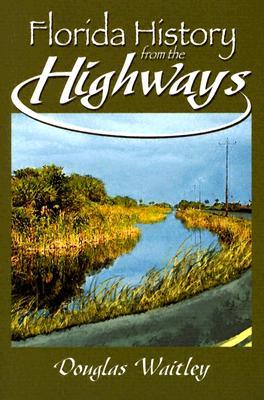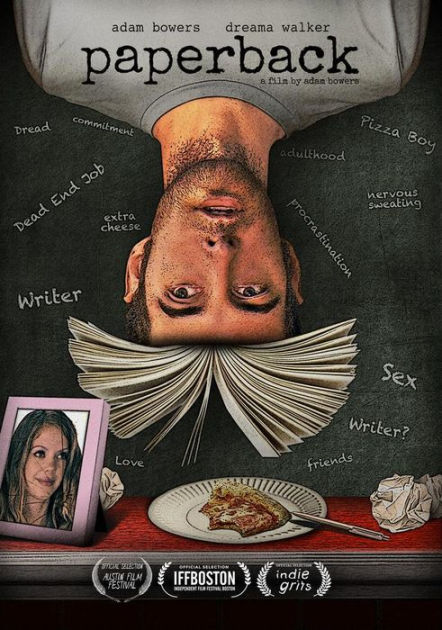UF URP’s Summer Reading List
June 6, 2022
Looking for a solid summer read (or two) for the next few months? The Department of Urban and Regional Planning has sourced a list of recommendations rooted in a variety of planning topics. The recommendations come from current students, alumni, faculty, and our Advisory Council.
Check them out below and let us know what you think!
Highlighted Reads
Offering timely perspectives on planning and challenges in the city.
Happy City: Transforming Our Lives Through Urban Design,
by Charles Montgomery
Recommended by:
Laura Martinez (Student)
“Highlights all the elements of a city that make people happy.”
Metropolis: A History of the City, Humankind’s Greatest Invention,
by Ben Wilson
Recommended by:
Pat Crane (Student)
“A great introduction to the history of the city and gets the reader excited about urban planning.”
Belonging: A Culture of Place,
by bell hooks
Recommended by:
Dr. Laura Dedenbach (Faculty)
“A story about bell hooks’ life in rural Kentucky during segregation and the importance of living a sustainable and meaningful life.”
Urban Planning and the African-American Community: In the Shadows,
by June Manning Thomas
Recommended by:
Monet Moore (Alumna)
“Provides a different perspective on urban planning as it relates to African American Communities.”
South to America: Journey Below the Mason-Dixon Line to Understand the Soul of a Nation,
by Imani Perry
Recommended by:
Dr. Ruth Steiner (Faculty)
“A critical look at how the issue of racial discrimination in the south helps others in the US hide.”
A deeper look into planning and land use practices as they relate to race, equity, and social justice.
Reclaiming Your Community: You Don’t Have to Move Out of Your Neighborhood to Live in a Better One,
by Majora Carter
Recommended by:
Monet Moore (Alumna)
“Strategies for community led revitalization in underprivileged communities and investment that is anti-racist and anti-displacement.”
The Color of Law: A Forgotten History of How Our Government Segregated America,
by Richard Rothstein
Recommended by:
Jason Reynolds (Advisory Council)
“An account of the nexus between racism and planning facilitated by the federal government.”
Palaces for the People: How Social Infrastructure Can Help Fight Inequality, Polarization, and the Decline of Civic Life,
by Eric Klinenberg
Recommended by:
Andrew Sibold (Student)
“A look at how the built environment can impact diverse issues ranging from inequality to political polarization.”
Spying on the South: Travels with Frederick Law Olmstead in a Fractured Land,
by Tony Horwitz
Recommended by:
Brandy Moyer (Student)
“Retraces Olmstead’s travels throughout the south in the 1850s as he searched for common ground in a divided nation.”
Investigating the challenges and solutions that cities face relating to housing.
Fixer Upper: How to Repair America’s Broken Housing Systems,
by Jenny Schuetz
“An academic study into the link between financial institutions and housing issues with actionable solutions.”
Aspen and the American Dream: How One Town manages Inequality in the Era of Supergentrification,
by Jenny Stuber
Recommended by:
Katelyn Page (Alumna)
“Insight into Aspen, Colorado’s efforts to mitigate housing pressures driven by tourism and gentrification.”
Sunbelt Blues: The Failure of American Housing,
by Andrew Ross
Recommended by:
Tricia Prevost (Student)
“Untold stories of families living in transitional housing along US 192 near Walt Disney World Resort.”
Explaining the importance of creating communities in which people feel proud to belong.
This is Where You Belong: The Art and Science of Loving the Place You Live,
by Melody Wamick
Recommended by:
Linda Stevenson (Adjunct Faculty)
“Explores the trends of placemaking and research on place attachment.”
War of Streets and Houses,
by Sophie Yanow
Recommended by:
James Phillips (Student)
“A look into the consequences that resulting from planning through a human perspective.”
Poet Warrior: A Memoir,
by Joy Harjo
Recommended by:
Dr. Kristin Larsen (Faculty)
“Poet Laureate Joy Harjo offers an inspiring call for love and justice in this contemplation of her life.”
The Art of Gathering: How We Meet and Why it Matters,
by Priya Parker
Recommended by:
Dr. Kathryn Frank (Faculty)
“Explores the importance of gathering in various arenas in the community.”
Critical reads about the impact that development can have on natural systems and the environment.
The Bulldozer in the Countryside: Suburban Sprawl and the Rise of American Environmentalism,
by Adam Rose
Recommended by:
Sam Berens (Student)
“A look into the shift of postwar land use planning models that have entrenched society in suburban sprawl.”
Ecopiety: Green Media and the Dilemma of Environmental Virtue,
by Sarah McFarland Taylor
Recommended by:
Haiden Lewis (Student)
“A critical and in-depth study of environmental ethics and ills of consumer culture as it impacts the natural environment.”
Climate Action Planning: A Guide to Creating Low-Carbon Resilient Communities,
by Boswell, Greve, and Seale
Recommended by:
Trista Brophy (Student)
“A glimpse into bottom-up approaches to addressing climate change and its impacts.”
General planning reads and important historical perspectives.
Icebergs, Zombies, and the Ultra Thin: Architecture and Capitalism in the Twenty-First Century,
by Matthew Soules
Recommended by:
Casey C. Cheap (Student)
“A look into how speculative wealth in real estate affects what we build in our cities.”
City of the Century: The Epic of Chicago and the Making of America,
by Donald L. Miller
Recommended by:
Bill Kercher (Advisory Council)
“Explores planning efforts, civic engagement, and economic development in Chicago and how the city responded to major events like the Chicago fire and the World’s Fair.”
The Image of the City,
by Kevin Lynch
Recommended by:
Sylvia Abernathy (Student)
“Explores the foundations and history of urban design and ‘imageability.'”
These titles focus on the relationship between land use planning and transportation.
Parking and the City,
by Donald Shoup
Recommended by:
Richard Andrew Wright (Student)
“Investigates the effects of parking reforms in cities that made changes based the author’s recommendations in The High Cost of Free Parking.”
Florida History from the Highways,
by Douglas Waitley
Recommended by:
Ilan Gritzman (Student)
“Focuses on the explosive development experienced in Florida from the perspective of its highways.”
Offering insight into planning practices beyond traditional paperback and hardback.
Not Just Bikes (YouTube Channel)
Recommended by:
Jamie Bufkin, Emory Young (Students)
“This YouTube channel gives detailed perspectives of the challenges faced in the auto-centric US society.”
What Obligation do Social Media Companies Have to the Greater Good,
by Eli Pariser (TED Talk)
Recommended by:
Dr. Ruth Steiner (Faculty)
“Investigates and discusses how we can better use social media for public engagement.”
Paperback (Film),
by Adam Bowers
Recommended by:
Thomas Hawkins (Faculty)
“Although it holds no relation to planning, this film transports the viewer to its time and place – Gainesville, FL in the early 2010s – in a way few films can.”
Global Weirding (TV Show, PBS)
Recommended by:
Cheri Ehrhardt (Advisory Council)
“This television series focuses on climate change and its relation to politics and religion.”

